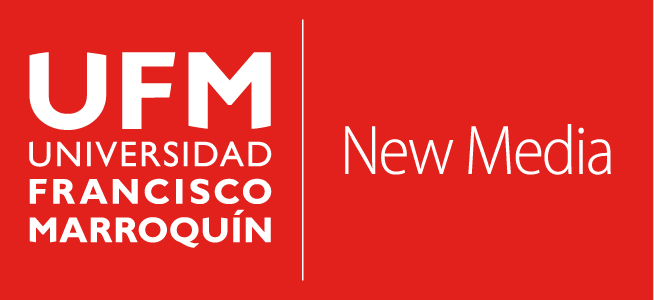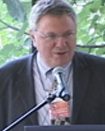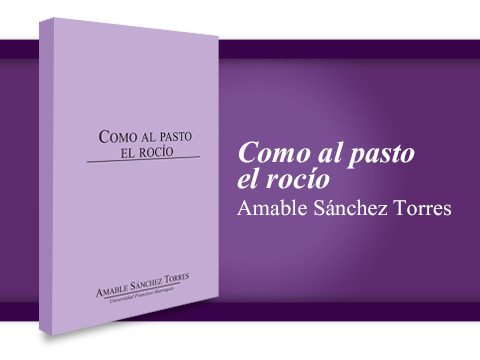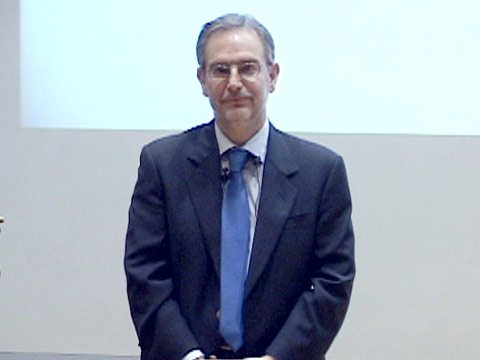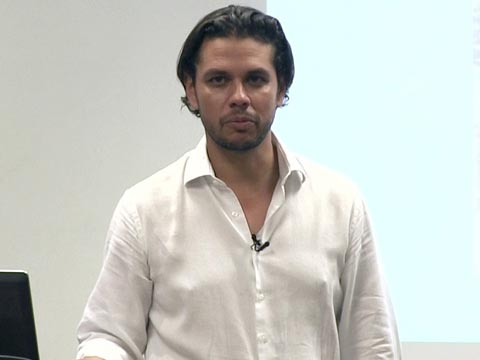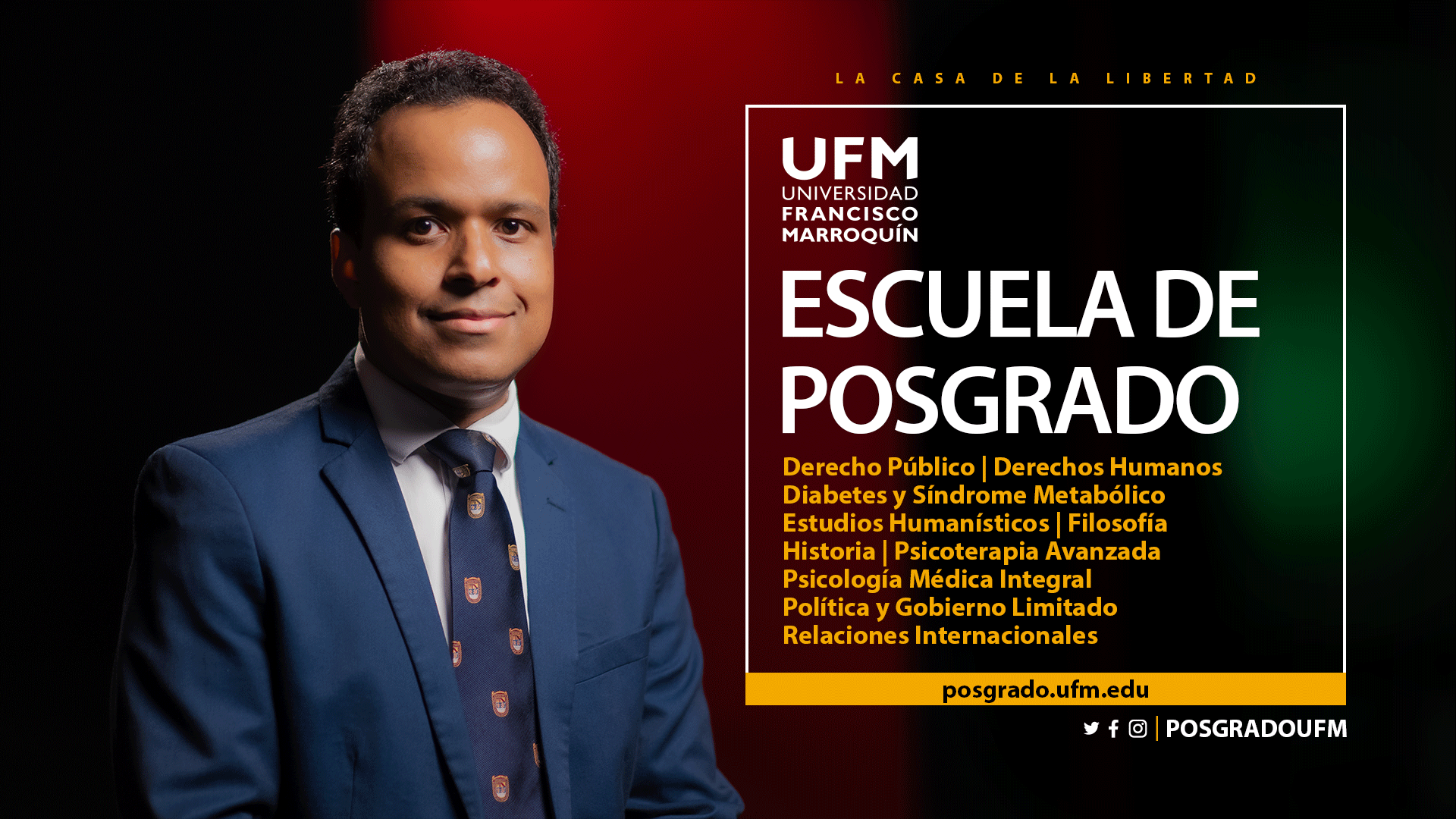About this videoMartin Cave shares his knowledge and opinions about the politics and reform in telecommunications. He gives a brief overview of the spectrum reform and analyzes the problems expressed by some opponents regarding its liberalization, such as the reduction of barriers to entry and the conflict of interest that occurs when people benefit from the existing regime. He manages to disqualify such criticism by using the example of the United Kingdom as a success story, since this country established the Communications Act and founded Ofcom – the new agency that is focused on spectrum management. Furthermore, Cave talks about the current situation in Europe regarding spectrum liberalization, highlights the lack of power of the central institution and compares the costs and benefits of liberalization. References |
|
CreditsPolitics and Reform in Telecom around the World
| |
